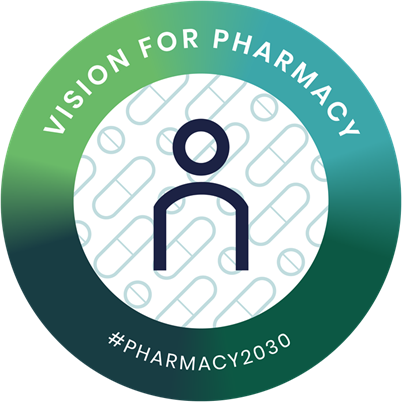
When a patient is admitted to the stroke ward, an investigation and assessment is carried out. The clinical pharmacist on the stroke ward orders a genomic test for enzyme CYP2C19 (which is the most important enzyme to support metabolisation of Clopidogrel).
The pharmacists then reviews the result. If the patient's clopidogrel metabolism is not impaired then treatment is continued as normal. If impaired, the pharmacist reviews the patient and typically switches the patient to an alternative antiplatelet treatement lowering their risk of having a further stroke.
The pharmacist will explain the result and subsequent treatment to the patient and provide information to the patient's GP for ongoing prescribing.
The result is that the patient receives personalised medicine and therefore more effective care.
DOWNLOAD THIS CASE STUDY AS A PDF